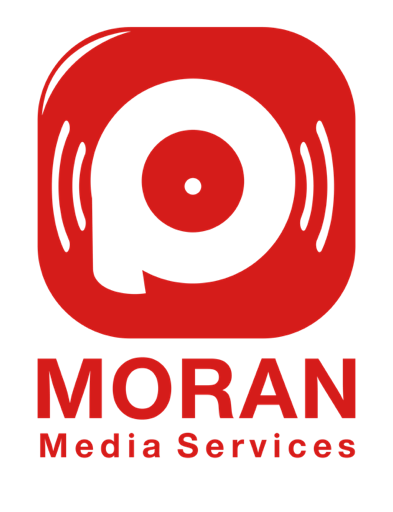There has been a long-standing debate over whether tarot card cards profane or otherwise. For centuries, these mystical cards have actually interested and mystified individuals worldwide. Some think that tarot card cards are a tool of the evil one, while others see them as a harmless kind of home entertainment and divination.
The Background of Tarot Cards
Tarot cards have a rich history that goes back to the 15th century in Europe. Initially used as playing cards, tarot decks at some point evolved right into tools for divination and spiritual support. Tarot cards are consisted of 78 cards, each with its own distinct meaning and meaning. The cards are usually outlined in a spread, and a tarot reader translates the cards to offer insight right into an individual’s past, present, and future.
For many years, tarot card cards have actually been connected with various heavy practices, such as astrology, numerology, and the occult. This has led to a stigma surrounding tarot card cards, with some believing that they profane or demonic in nature.
In spite of their controversial credibility, lots of people transform to tarot cards for guidance, self-reflection, and spiritual development. Tarot card readings can give clearness, validation, and empowerment to those seeking response to life’s concerns.
- Tarot card cards are a device best tarot reader for self-reflection and personal development.
- Many individuals find convenience and advice in tarot readings.
- Tarot card cards have a rich history and distinct significance.
The Debate Surrounding Tarot Card Cards
In spite of their popularity, tarot card cards continue to run the gauntlet and hesitation from some spiritual teams and people. The idea that tarot cards are evil originates from a misunderstanding of their objective and meaning.
Some religious customs see tarot cards as tools of the evil one or instruments of witchcraft. This idea is based upon the idea that tarot card readings are a form of prophecy that breaks the mentors of their confidence.
Nevertheless, several fortuneteller and practitioners argue that tarot cards are merely a tool for accessing one’s subconscious mind and instinct. They think that tarot readings can assist individuals gain understanding, clarity, and advice in their lives.
The Advantages of Tarot Cards
Despite the controversy bordering tarot cards, lots of people locate value and advantage in using them for personal development and self-discovery. Tarot card readings can provide a fresh perspective on a circumstance, deal support on decision-making, and shed light on subconscious thoughts and emotions.
For some, tarot card cards work as a form of therapy, allowing them to explore their sensations, concerns, and wishes in a safe and encouraging room. Tarot analyses can likewise help people establish their intuition, increase self-awareness, and cultivate a sense of empowerment and agency in their lives.
- Tarot cards can offer understanding and assistance in difficult situations.
- Many individuals locate therapy and recovery through tarot card analyses.
- Tarot card cards can assist individuals develop their intuition and self-awareness.
In Conclusion
While the debate over whether tarot card cards are evil proceeds, it is inevitably up to the individual to choose just how they see and utilize tarot cards. For some, tarot card cards are an important tool for self-discovery, individual growth, and spiritual guidance. For others, tarot card cards may hold negative undertones and be viewed as hazardous or forbidden.
Ultimately, the analysis and significance of tarot cards are subjective and individual. Whether you watch tarot cards as evil or not, it is very important to approach them with an open mind and a sense of inquisitiveness.
Regardless of your ideas, tarot cards can use an one-of-a-kind and informative point of view on life’s difficulties and chances. Whether you’re a skeptic or a believer, tarot card cards have the possible to open the enigmas of the subconscious mind and provide assistance on your trip in the direction of self-discovery and personal transformation.
